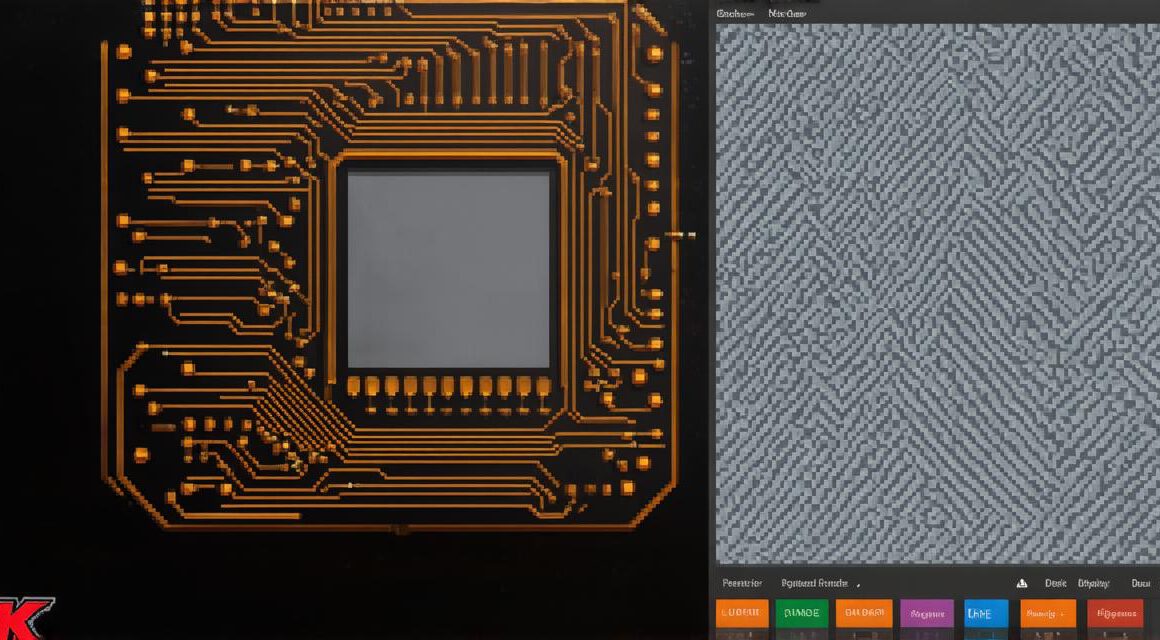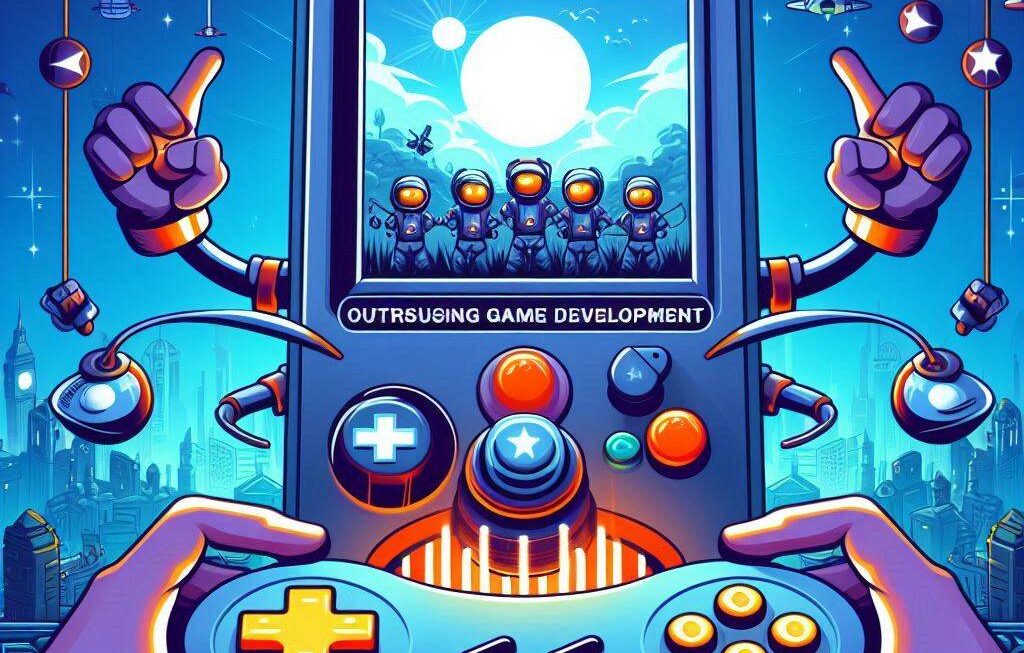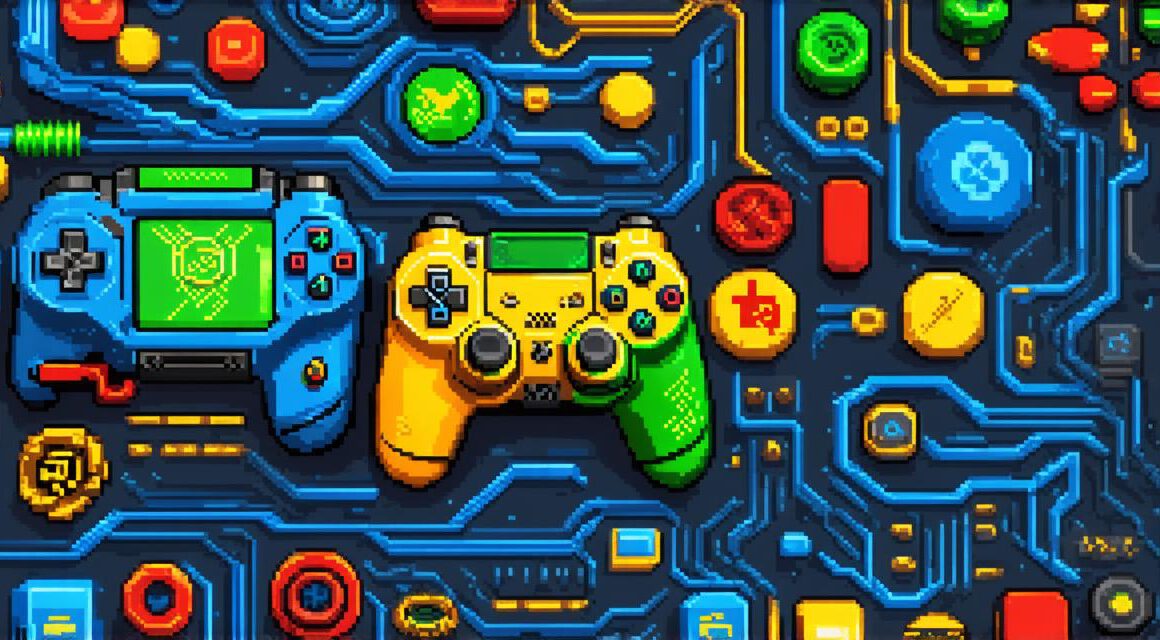
Striking a harmonious balance between challenge and enjoyment is pivotal in game development. This process involves meticulously adjusting game mechanics, difficulty levels, and rewards to ensure players find your game engaging yet achievable. For instance, a puzzle game might require the player to solve increasingly complex puzzles, but the solutions should never be so difficult that they become frustrating or demotivating. Similarly, in an action game, enemies’ attack patterns and health levels must be carefully calibrated to provide a satisfying level of challenge without overwhelming the player.
Exploring Different Platforms
Each platform presents unique challenges and opportunities. Mobile games, for example, often require streamlined controls due to smaller screens, while console titles can leverage more powerful hardware for complex graphics and physics simulations. Understanding these differences allows developers to create games that thrive in their respective ecosystems. For instance, a fast-paced action game might be ideal for consoles with their high frame rates and responsive controllers, while a casual puzzle game could find success on mobile devices due to their portability and ease of use.
The Role of Playtesting
Playtesting is an integral part of game development. It allows developers to identify issues, gather feedback, and refine their creations for a better player experience. For example, playtesters might spot a glitch that causes a character to get stuck in the environment, or they might suggest adding more checkpoints to make the game less frustrating when players die. Playtesting is not just about finding problems; it’s also about validating solutions and ensuring the game remains fun and engaging throughout its development process.
The Impact of Game Development on Society
Games can have profound effects on society, influencing culture, shaping perceptions, and fostering social connections. For instance, games like Minecraft have been used in education to teach coding and spatial reasoning skills. However, game developers must also consider the ethical implications of their work. For example, violent or discriminatory content can negatively impact players and society as a whole. Therefore, it’s crucial for developers to create games that promote positive values and foster healthy, inclusive environments.
The Future of Game Development
The future of game development is exciting and full of possibilities. Developers should embrace emerging technologies like virtual reality, augmented reality, and artificial intelligence to create innovative gaming experiences. They should also cater to diverse audiences, including those with disabilities or from diverse cultural backgrounds. Furthermore, fostering an inclusive environment in the game development industry, encouraging diversity and breaking down barriers for underrepresented groups, is essential for the continued growth and success of the field.
The Challenges Ahead
The road to success in game development is fraught with challenges, but remember: “Believe you can and you’re halfway there.” – Theodore Roosevelt. Developing a successful game requires perseverance, creativity, and a willingness to learn from mistakes. However, the rewards of seeing your creation enjoyed by players make these challenges worthwhile.
FAQs
1. What tools are commonly used in game development? Tools such as Unity, Unreal Engine, and GameMaker Studio are widely used for game development.
2. How long does it take to develop a game? The time it takes to develop a game can vary greatly, ranging from months to years, depending on the complexity of the project.
3. What is the difference between indie and AAA games? Indie games are typically smaller-scale projects developed by independent studios, while AAA games are large-budget productions from major publishers.
Summary
Game development is a dynamic and rewarding field that offers endless opportunities for creativity, innovation, and impact. Whether you’re a seasoned professional or just starting out, the world of gaming awaits your unique contributions.



